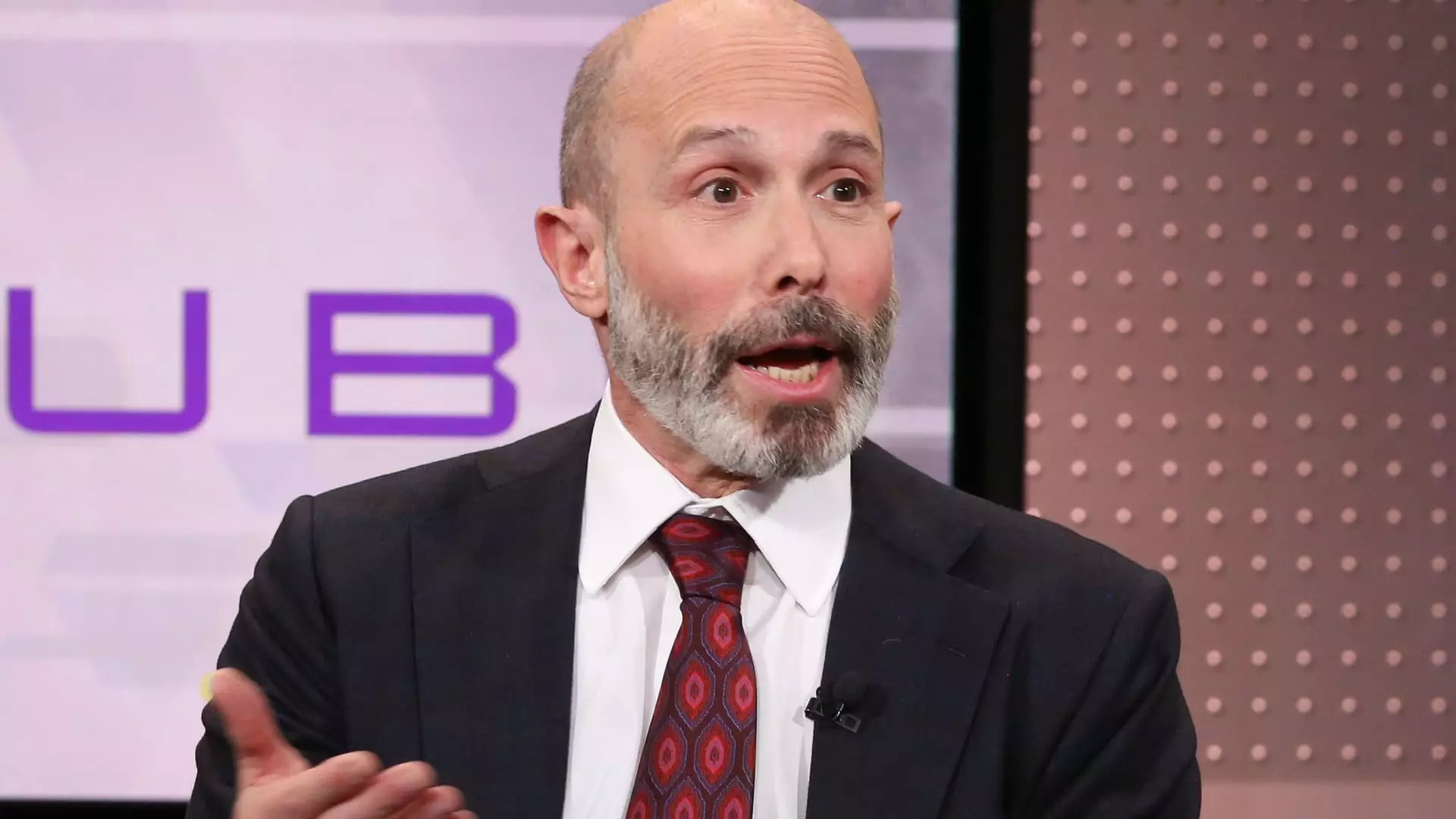The California insurance market has developed an increasingly hostile environment for carriers, a notion articulated by Chubb CEO Evan Greenberg. This situation of mounting pressure is not merely a blip on the radar; it reflects a broader pattern affecting insurers in the region. Greenberg’s warning about the unsustainable dynamics of insurance pricing in California sheds light on the intricate challenges and strategic adjustments that major insurers are grappling with to maintain their profitability.
Chubb stands as a vivid exemplar of how firms tackle market turbulence through forthright strategies. Greenberg, a staunch advocate for maintaining underwriting standards, has articulated a clear stance: the company will not engage in risk coverage that fails to yield acceptable returns. This prudence has translated into favorable results for Chubb, which recently celebrated its most successful fiscal year to date. During an analysts’ call, Greenberg proudly announced impressive earnings, attributing these gains to a well-considered approach to risk management and underwriting discipline.
In recent trading, Chubb shares experienced a surge, reflecting investor confidence. However, this optimism met with a sense of caution as California faced catastrophic wildfires, potentially burdening insurers like Chubb, Allstate, and Travelers with significant claims. Greenberg did not shy away from discussing this precarious situation; instead, he reported an anticipated impact of up to $1.5 billion in net pre-tax costs due to these disasters.
The juxtaposition of natural disasters and regulatory frameworks creates a complex landscape for insurance companies. Greenberg highlighted that regulatory bodies and consumer groups are restricting insurers from adjusting premiums in accordance with the true level of risk associated with wildfire-prone areas. This mismatch between risk and pricing can create a deceptive sense of security among homeowners, encouraging high-risk living arrangements. He emphasized the unsustainable nature of this practice, indicating that when the inevitable occurs, the repercussions will belong to the consumers who are ill-prepared for potential losses.
This feedback loop of artificially suppressed prices ultimately leads to precarious living conditions for residents, compounded by the likelihood of increasing catastrophic events exacerbated by climate change. Greenberg’s assertion that California is “not alone” points to a growing trend that other states are also grappling with, but the scale of California’s issues makes it particularly noteworthy.
Despite the turbulence, Chubb’s leadership remains optimistic about navigating the challenging terrain of the insurance marketplace. Greenberg anticipates a sustained inflationary environment, which necessitates an upward adjustment in rates merely to maintain equilibrium. However, this raises questions about whether such adjustments will lead to meaningful improvements in margins or merely preserve the status quo.
Chubb’s strategy focuses on expanding its commercial middle-market offerings, specifically targeting companies with annual revenues under $1 billion. This segment is crucial as it faces significant changes from climate-related risks and a surge in litigation. Greenberg noted that smaller and regional insurers may struggle to effectively compete due to a lack of comprehensive data and less robust financial resources. In stark contrast, Chubb’s extensive data analytics capabilities and strong reinsurance ties position it favorably amidst these challenges.
On a performance basis, Chubb demonstrated notable growth across its property and casualty (P&C) earnings. In 2024, P&C underwriting income increased by 7%, alongside a robust combined ratio of 86.6%. Moreover, the company achieved nearly 10% growth in global P&C premiums written, accompanied by a remarkable 18.5% upswing in life insurance premiums measured in constant dollars.
The fourth quarter revealed net income figures reflecting a healthy financial ecosystem within the firm, with a net income of $2.58 billion translating to earnings per share of $6.33. Excluding certain adjustments, that figure still reached $6.02 per share. Such performance underscores Chubb’s ability to capitalize on its affluent customer base, with a notable 10% premium growth registered within this demographic and a striking 34% surge in new business engagements.
As Chubb continues to define its path in California’s turbulent insurance landscape, it is clear that strategic adaptability coupled with risk management will be crucial. By reinforcing its commitment to responsible underwriting and capitalizing on growth opportunities within affluent markets, Chubb aims not just to survive but to thrive amid adversity. The unfolding dynamics in California’s insurance environment may serve as a case study for the broader industry as it faces similar challenges, demanding innovative strategies and robust risk management frameworks to sustain operations and profitability.

